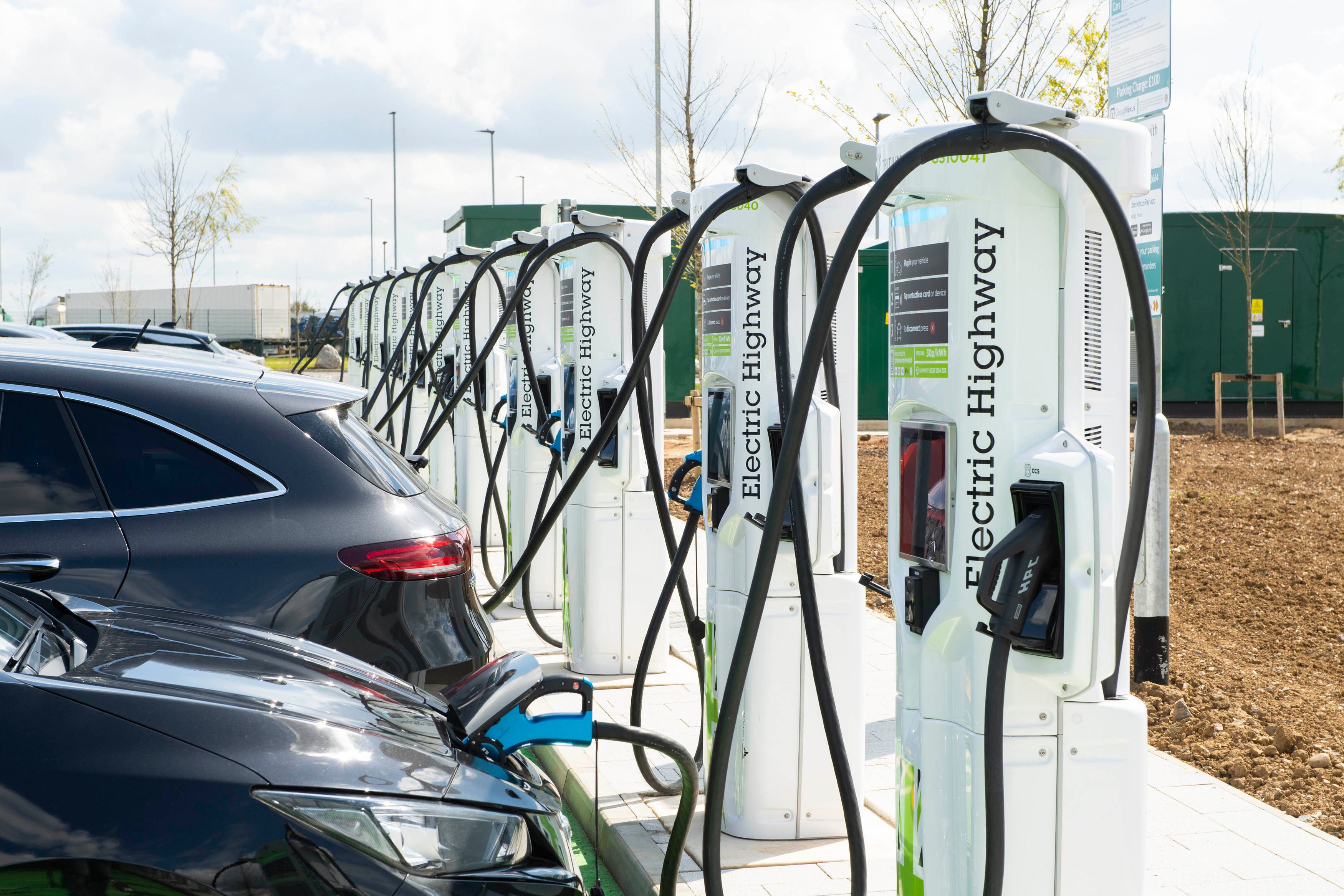Electric cars ‘will be cheaper than fossil fuel vehicles by 2027’
Electric vehicles could begin to dominate new sales in Europe within fifteen years, according to new forecast

Your support helps us to tell the story
From reproductive rights to climate change to Big Tech, The Independent is on the ground when the story is developing. Whether it's investigating the financials of Elon Musk's pro-Trump PAC or producing our latest documentary, 'The A Word', which shines a light on the American women fighting for reproductive rights, we know how important it is to parse out the facts from the messaging.
At such a critical moment in US history, we need reporters on the ground. Your donation allows us to keep sending journalists to speak to both sides of the story.
The Independent is trusted by Americans across the entire political spectrum. And unlike many other quality news outlets, we choose not to lock Americans out of our reporting and analysis with paywalls. We believe quality journalism should be available to everyone, paid for by those who can afford it.
Your support makes all the difference.Electric cars will be cheaper than cars that burn fossil fuel by 2027 and could begin to dominate new vehicle sales in Europe within fifteen years, according to new research.
A study carried out by BloombergNEF (BNEF) found that improved designs, falling battery costs and dedicated production lines will make all forms of electric vehicle cheaper to produce than those that consume petrol within a decade.
Light vans are expected become cheaper to buy on average than those that use fossil fuels, even before subsidies, in 2025, followed by heavy vans, sedans and SUVs the following year and small cars in 2027.
The average small electric car will cost around €500 (£430) less than its fossil fuel-consuming equivalent by 2027, the research group forecasts, and around €1,000 (£860) less by 2030.
The study also found that battery-powered vehicles could completely replace sales of conventional cars by 2035, but only if their production is scaled up in coming years and more new buyers are attracted.
Brussels-based campaign group Transport & Environment, a nonprofit advocating for clean transport who commissioned the study, want the EU to set this date as the end of fossil fuel car production.
The group’s senior director for vehicles and e-mobility, Julia Poliscanova, said: “With the right policies, battery electric cars and vans can reach 100 per cent of sales by 2035 in western, southern and even eastern Europe.
“The EU can set an end date in 2035 in the certainty that the market is ready. New polluting vehicles shouldn’t be sold for any longer than necessary.”
The UK, as well as numerous EU countries including France, Germany and Spain, already have similar policies in place.
Denmark attempted to propose an EU-wide ban on petrol and diesel cars in 2018, but found doing that this would break EU regulations. The EU has, however, set goals to cut emissions by 55 per cent in 2030 and to become carbon-neutral by 2050.
Last year, electric cars made up around ten per cent of car sales in Europe, with the UK the third largest market, according to data compiled by The International Council on Clean Transport (ICCT).
The EU is collectively the second largest electric vehicle market in the world according to the ICCT, behind China but ahead of the United States.
Join our commenting forum
Join thought-provoking conversations, follow other Independent readers and see their replies
Comments